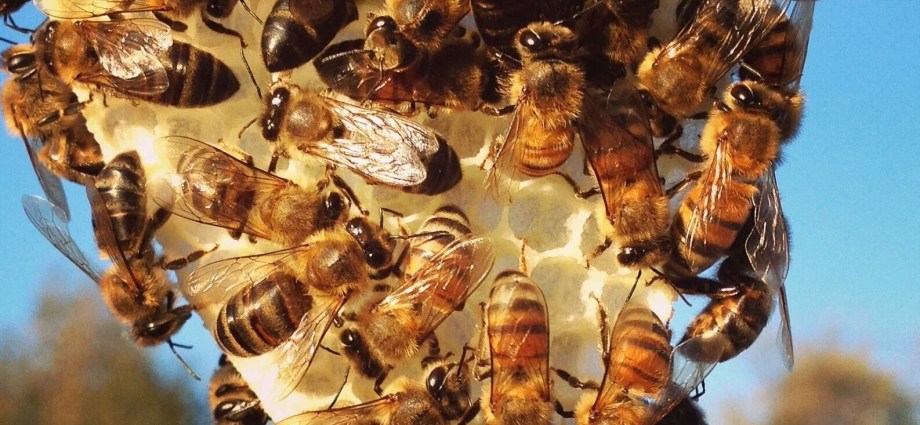Beekeeping Touted as Game-Changer in Kenya’s Food Security Strategy

Boosting Food Security Through Apiculture
Kenyan counties have been urged to invest in beekeeping as a potential game-changer for achieving national food security. The call was made during celebrations marking World Bee Day in Turkana County.
The Vital Role of Pollinators
Dr. Monica Olala from the State Department of Livestock Development emphasized bees’ critical role in crop production and food systems. “A large proportion of crops grown in the country depend entirely on bees and other pollinators,” she stated.
Dr. Olala stressed that beekeeping shouldn’t be viewed as a side activity but rather as central to rural income and national development. She recommended counties prioritize planting native, pollinator-friendly flowering plants to support apiculture initiatives.
Economic Impact of Beekeeping
Recent 2024 data reveals Kenya’s apiculture sector contributes approximately Sh19.23 billion to agricultural GDP, ranking sixth behind major livestock sectors. World Bee Day, observed annually on May 20, highlights pollinators’ role in biodiversity and global food security.
Sustainable Practices for Beekeeping
Dr. Olala advocated for environmentally sustainable approaches including:
- Use of less toxic pesticides
- Integrated pest management
- Agroforestry implementation
- Preservation of natural “bee hotels” in farmlands
She warned against destructive practices like deforestation and careless pesticide use that threaten bee populations.
Turkana County’s Apiculture Success
Acting County Secretary Joseph Nyang’a reported impressive 2024 production figures:
- 138 metric tonnes of honey (Sh128 million value)
- 48 metric tonnes of beeswax (Sh32 million value)
Nyang’a attributed this success to strategic investments including:
- 5% county budget allocation to livestock development
- Distribution of 1,200 modern beehives
- Training for 640 community beekeepers
- Establishment of a honey processing center in Naotin
Empowering Women and Youth
Remarkably, 68% of Turkana’s beekeepers are women and youth, demonstrating apiculture’s potential for both food security and social empowerment.
Natural Advantages for Sustainable Beekeeping
Assistant County Commissioner Andrew Mutuma highlighted Turkana’s rich biodiversity and indigenous knowledge as valuable resources for sustainable beekeeping development.


